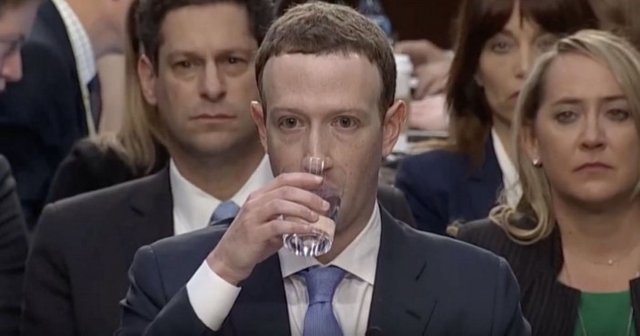FaceBook’s Reign Comes To an End: 48 State Attorneys General and FTC Gang Up to Take FB Down
On Wednesday, nearly every state attorney general collectively filed a lawsuit against Facebook, accusing it of monopolistic anti-competitive practices including buying up competition that posed a threat. The Federal Trade Commission also filed a separate lawsuit.
Both lawsuits focused on the anti-competitive practices of Facebook, with emphasis on the acquisitions of Instagram(1 billion, 2012) and Whatsapp(19 billion, 2014). Reuters stated:
Federal and state regulators said the acquisitions should be unwound — a move that is likely to set off a long legal challenge as the deals were cleared years earlier by the FTC.
Matt Stroller would write on the ordeal, saying that “The state AG complaint is stronger, but both tell the same story. Facebook bought Instagram and WhatsApp to stop nascent competitors from challenging its monopoly power in social networking. It also used a variety of other tactics to foreclose competitors it could not buy from entering the market and challenging its dominance. Then, after it became a monopoly, it increased prices or downgraded user experiences to profit from the conspiracy it had arranged.”
Regarding the downgraded user experiences after increases in market share, Stroller said:
“Srinivasan showed that Facebook actually beat out MySpace by offering users a product differentiated with better privacy guarantees. But after monopolizing the market and killing its competitors, Facebook immediately started degrading the quality of the product with intrusive surveillance of its users, contra their wishes.
The complaints from enforcers mirror her argument. They claim Facebook’s anti-competitive tactics made the product worse, not just by spying on people when they wanted a product that protected their privacy, but also by increasing the number of ads people had to wade through to get to content they sought.”
Stroller noted that the FTC started it case by examining an email from Zuckerberg in 2008 in which he said “It is better to buy than compete”.
New York Attorney General Letitia James speaking on behalf of every state/territory involved in the lawsuit, which incudes Guam and the District of Columbia, would state:
“For nearly a decade, Facebook has used its dominance and monopoly power to crush smaller rivals, snuff out competition, all at the expense of everyday users”
Soon after the announcement, Facebook defended itself, “
“Years after the FTC cleared our acquisitions, the government now wants a do-over with no regard for the impact that precedent would have on the broader business community or the people who choose our products every day,”
The Intelligencer noted that in the past, Facebook has argued that the rapid rise of other social-media apps, such as TikTok, proves that the market is still competitive. The article would conclude by acknowledging a house judiciary committee report.
In October, the Judiciary Committee published a report on its 15-month investigation into monopolistic tactics at Google, Apple, Facebook, and Amazon. “To put it simply, companies that once were scrappy, underdog startups that challenged the status quo have become the kinds of monopolies we last saw in the era of oil barons and railroad tycoons,” states the report
One thing is for certain, Big Tech is integral to our democracy , and its market diversity is important, as are enforcing anti-trust laws. Social media in particular is extremely vulnerable to “the network effect”, which means that companies with an existing user network have an extreme advantage over newer platforms, and Facebook’s practice of buying up the ones the slip through the cracks is something to take seriously.
As Matt Stroller noted, Facebooks primary defense is that the government allowed the mergers to transpire in the first place, and years have passed with no action. But this doesn’t make it okay, or proper. In addition to the recent lawsuits, there has been a lot of talk surrounding Section 230 of the NDAA in relation to Social Media, primarily in the context of censorship. However, this issue is often misconstrued, which I cover here in a sister-article concerning Tulsi Gabbard’s recent “Break Up Big Tech Act of 2020” act which seeks to strip the immunity granted by Sec. 230 to Facebook, Google, and other tech giants that are using algorithms and censoring politically.
Will Congress force Facebook to sell WhatApp and Instagram? Is that enough? When social media platforms are used by world leaders and are the primary way people get their news, is it healthy for a democracy to allow political censorship in social media platforms that dominate the consumer market?
